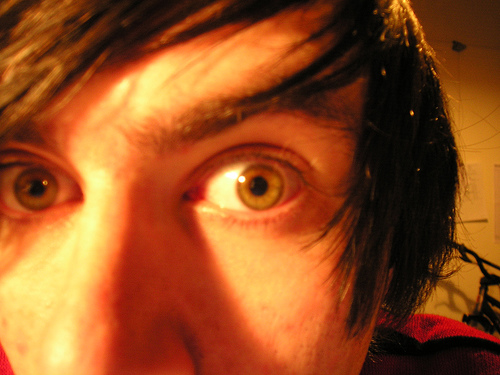At the Montana Book Festival this weekend, I attended a panel called “Race, Privilege, and Writing.” As the writers read their work (two African-American men, an Asian woman), I found myself experiencing a sense of discomfort and dissonance as I sat in the midst of their biblical-grade lament. Sorrow and depression hung thick in the air; rather than confidently providing us a vision for social change, the writers laid out a more realistic picture. They didn’t have a lot of expectation that the stubborn systems of this world would change. There was an underlying sense that white people–even allies–tend to make things all about them.
In the time for questions and answers, I sat on the edge of my seat wanting to ask for some hope, for some reassurance. Instead, I was silent. What right did I have to water down their lament–their shared, sacred experience–and ask the oppressed and the mourning to make me feel more comfortable?
Asian writer Ari Laurel’s words stuck with me most. She talked about how many of her remarks to her white friends make them deeply uncomfortable. She spoke of joking with them, “What if you’re not really a good person?” She spoke of how friends wanted her to relieve the tension of that question and of how she was unwilling to do so.
As I continued to think about Laurel’s words in the days that followed, I began to think she was fundamentally right, even though she was trying to be humorous. There was a sharp truth in the joke. I began to think that the starting place for all of us is to admit that we are not good.
After all, the most pernicious racism is that which is not admitted. What is not admitted, copped to, cannot even begin to be changed.













